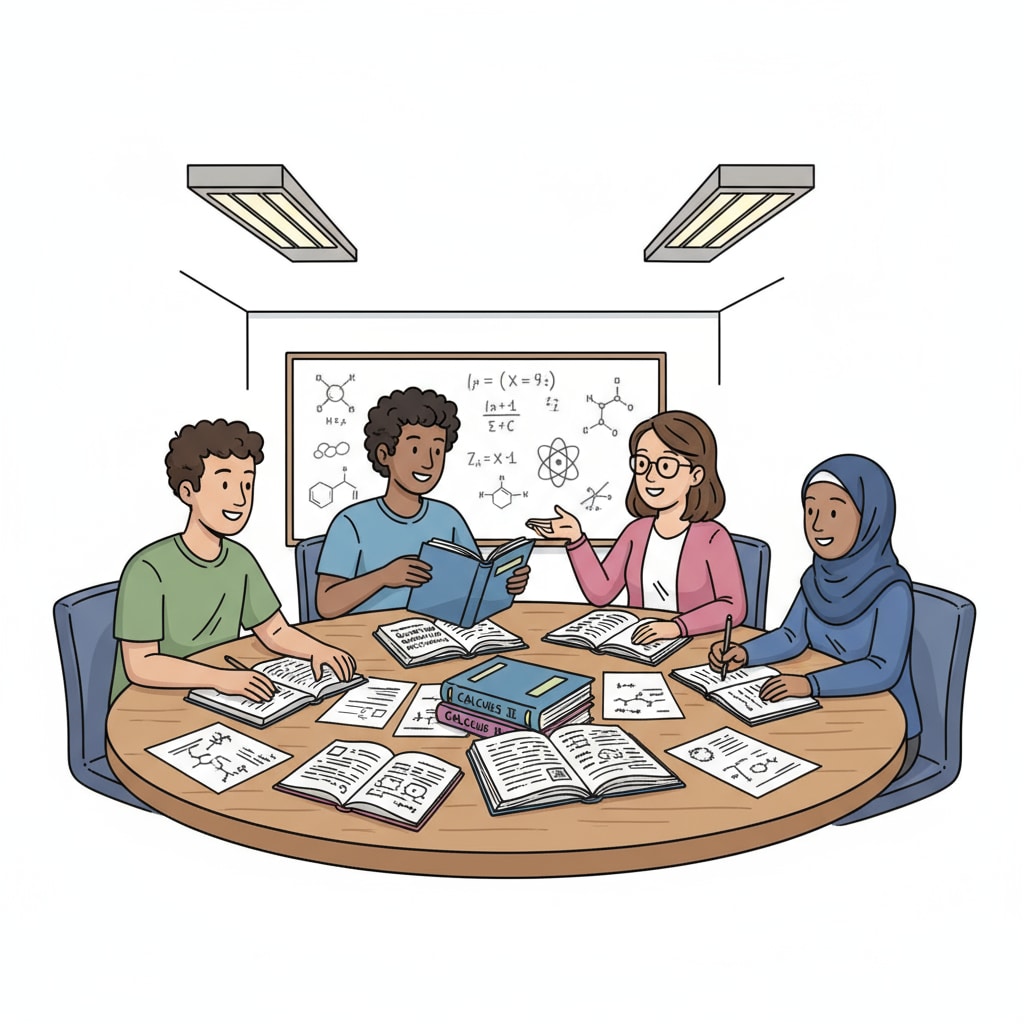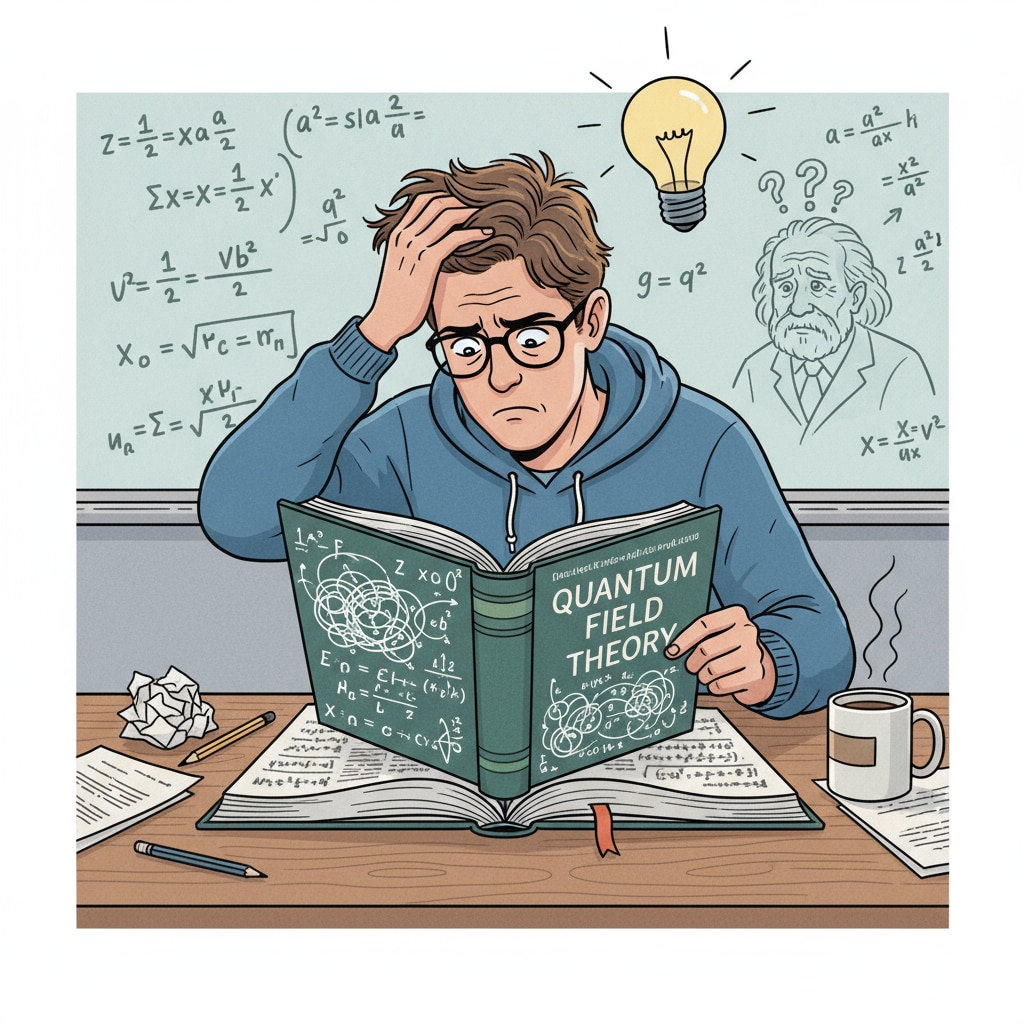Learning methods for students with attention deficits in theoretical subjects are crucial for their academic success. Many students in the K12 stage struggle with concentrating on theoretical knowledge. In this article, we will explore ways to help them overcome these challenges.

The Struggles of Attention-Deficit Students in Theoretical Learning
Students with attention deficits often find theoretical subjects particularly daunting. Theoretical knowledge usually involves a lot of abstract concepts and complex theories. For example, in mathematics, understanding algebraic equations or geometric theorems can be a huge challenge. These students may easily get distracted during class, missing important points. As a result, they struggle to keep up with the curriculum. According to Education.com, attention deficit can significantly impact a student’s ability to learn theoretical materials.

Structured Learning: A Key Approach
Structured learning can be a game-changer for these students. By organizing the learning process in a systematic way, it becomes easier for them to focus. For instance, creating a detailed study schedule helps them allocate specific time for each topic. Breaking down large theoretical concepts into smaller, more manageable parts is also effective. This way, they can build a solid foundation step by step. As stated on Verywell Mind, structured learning provides a clear roadmap for learning.
Readability guidance: Use short paragraphs and lists to summarize key points. Provide a list under each H2 whenever possible. Control the proportion of passive voice and long sentences. Incorporate transition words (however, therefore, in addition, for example, as a result, etc.) throughout the text.


